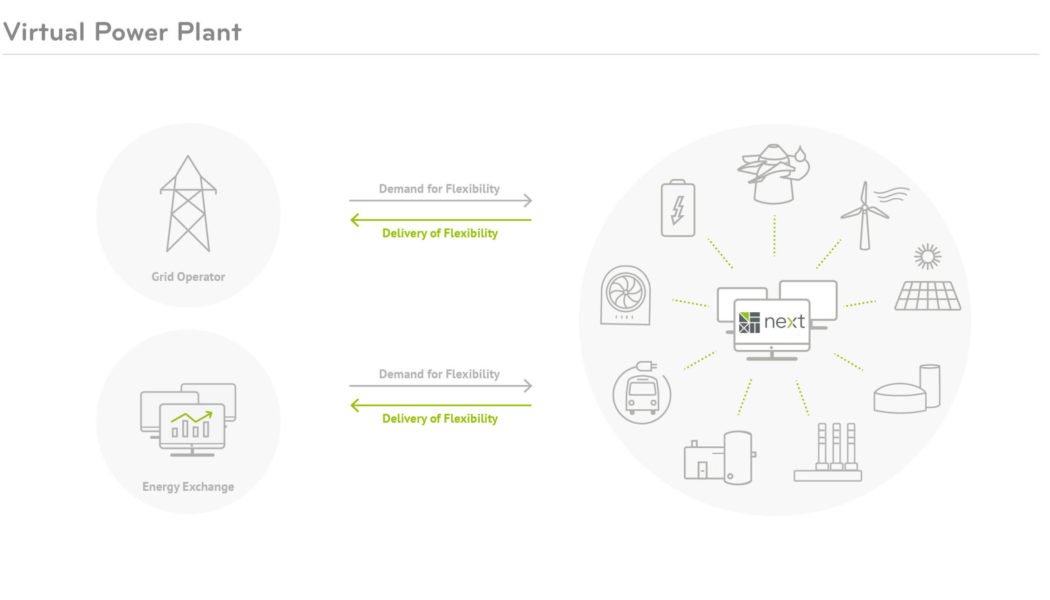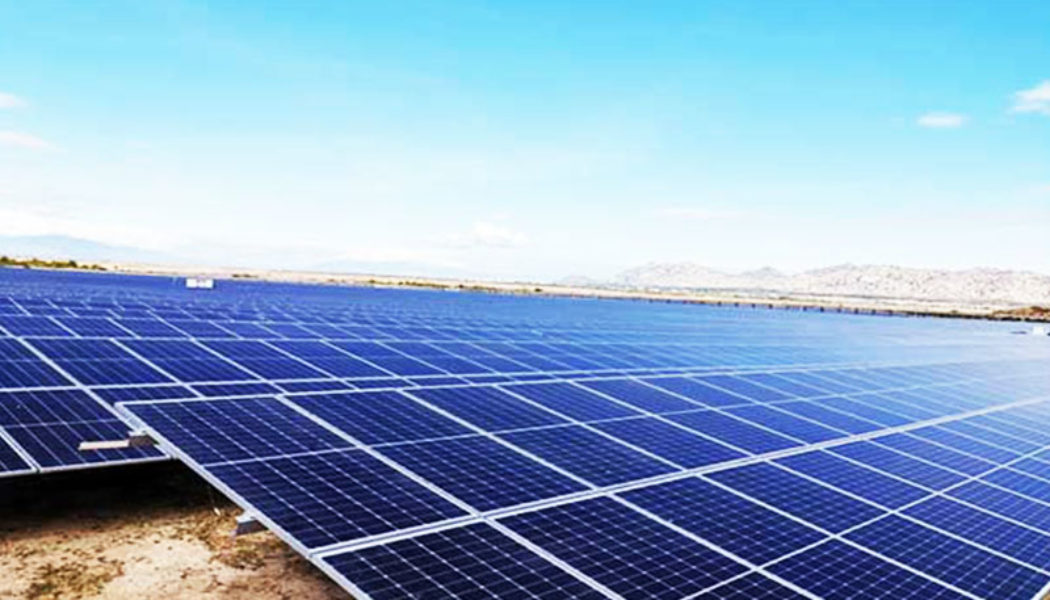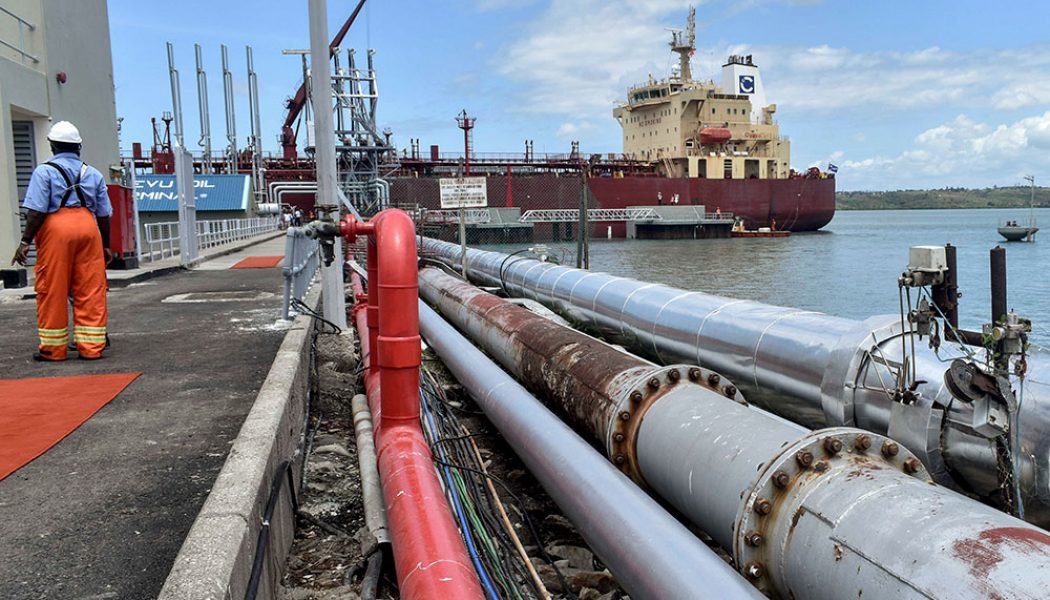Energy Africa
New Renewables Offer Energy Security for SA’s Beleaguered Economy
Sourced from Saur Energy. /* custom css */ .tdi_4_bb6.td-a-rec-img{ text-align: left; }.tdi_4_bb6.td-a-rec-img img{ margin: 0 auto 0 0; } In a bold move last year, the South African government launched an emergency energy procurement plan with a view to relieve the current energy crisis and limit load-shedding. The shortfalls are currently partially alleviated, however at great expense, as there is extensive use of diesel-based open cycle gas turbines. Such fossil-fuel-based contingencies undermine our ability to reduce carbon emissions, curb global warming, and achieve sustainable development. /* custom css */ .tdi_3_b0f.td-a-rec-img{ text-align: left; }.tdi_3_b0f.td-a-rec-img img{ margin: 0 auto 0 0; } Dubbed the Risk Mitigation Independent Power Producer Procurement Program (RMIPPPP), t...
Energy Leaders Give Insight on the Future of Kenya’s Oil and Gas Transition
Sourced from Construction Review Online. Kenya’s oil and gas industry is in a state of transition, as its major oil and gas development — Blocks 10BB and 13T in Turkana — has been put on hold, with Tullow Oil submitting a notice of force majeure to the Kenyan Ministry of Petroleum and Mining, citing complications from COVID-19. Meanwhile, Uganda’s Lake Albert Project is moving ahead, with Total announcing plans to acquire Tullow Oil’s stake in the project. The massive development in Uganda, which is set to include a pipeline and refinery, could easily have an impact on regional oil and gas developments and opportunities. In a webinar, Kenyan energy industry leaders shared strategies and thoughts on how Kenya’s oil and gas sector can deal with the implications caused by COVID-19. According ...





